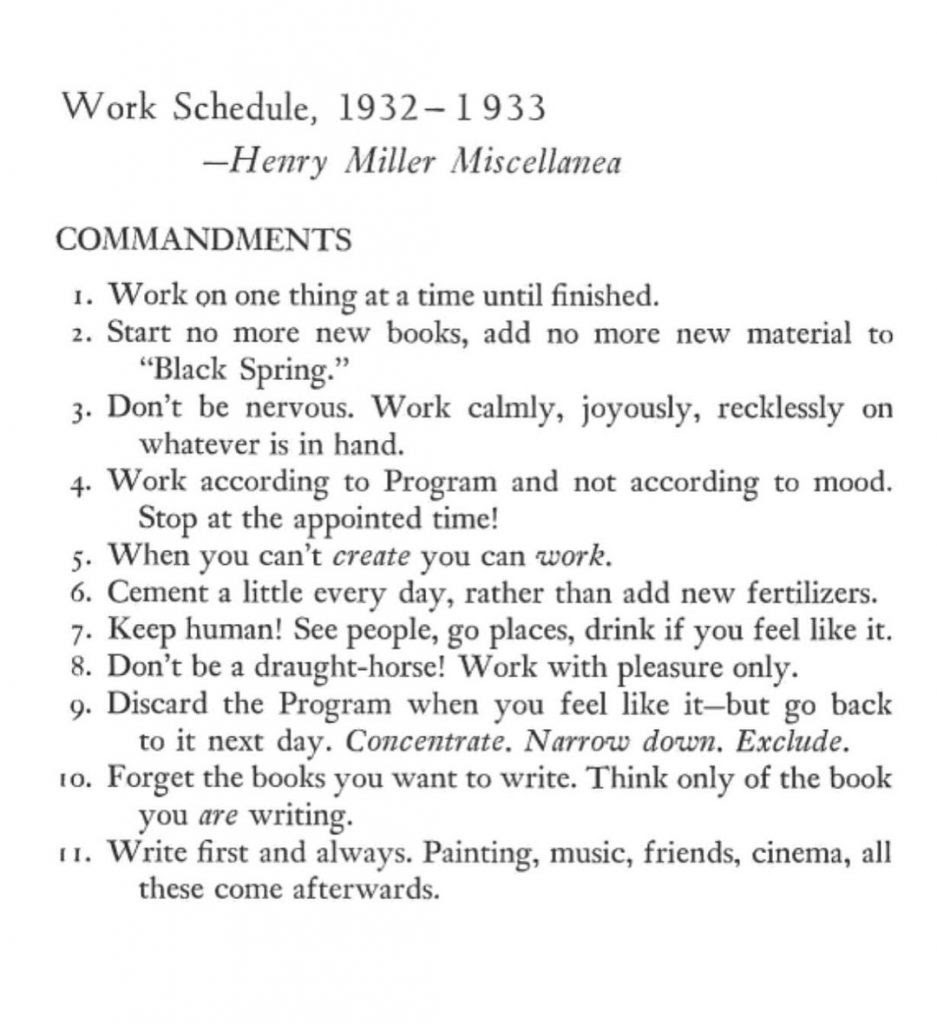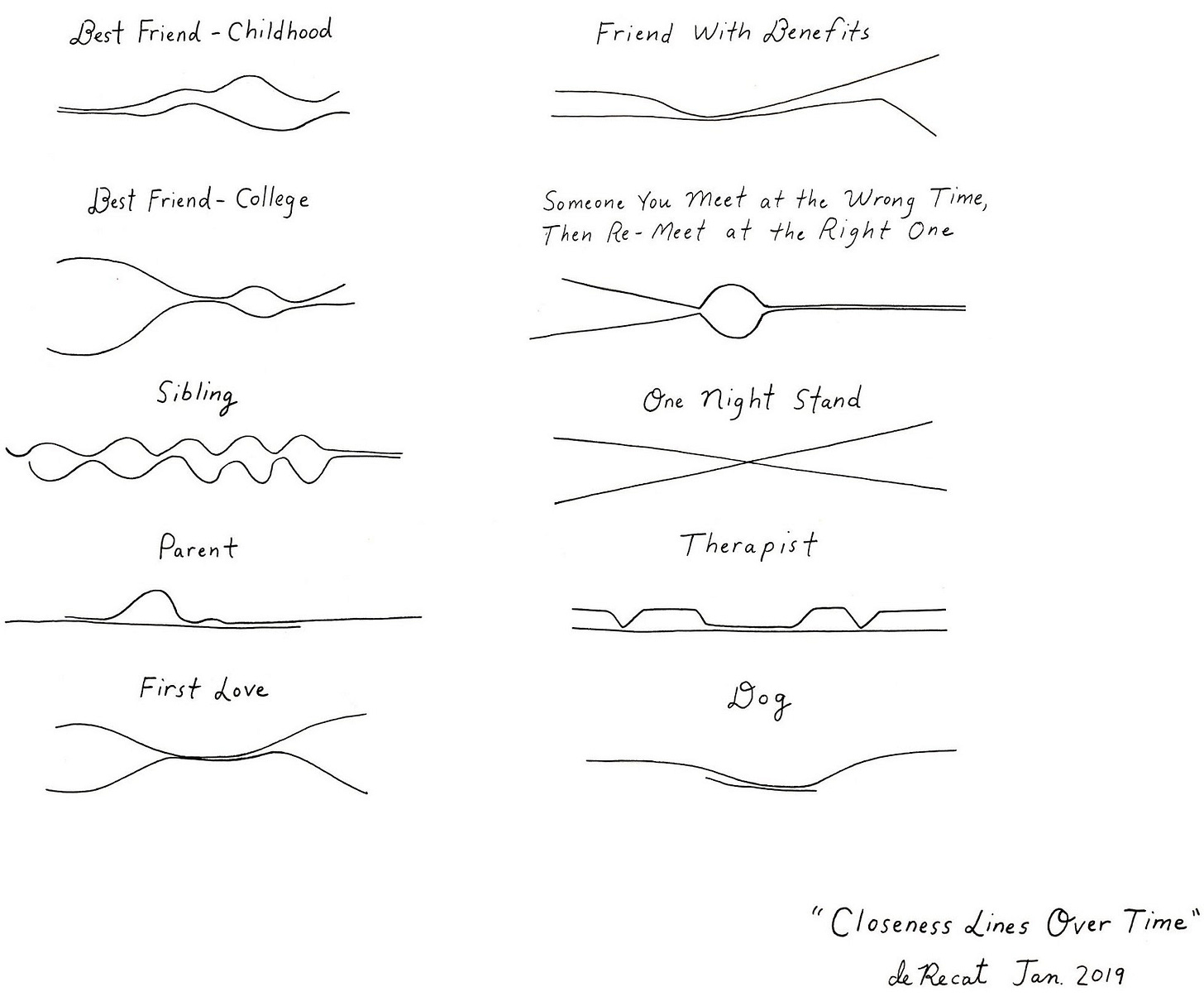Words I Needed Last Week 2/6
Watch your life as if it were a film.
“Watch your life as if it were a film. Absorb everything. What you see, hear, and feel will stamp every alphabet of your work.”
―Nikky Finney
“To resist in place is to make oneself into a shape that cannot so easily be appropriated by a capitalist value system. To do this means refusing the frame of reference: in this case, a frame of reference in which value is determined by productivity, the strength of one’s career, and individual entrepreneurship. It means embracing and trying to inhabit somewhat fuzzier or blobbier ideas: of maintenance as productivity, of the importance of nonverbal communication, and of the mere experience of life as the highest goal. It means recognizing and celebrating a form of the self that changes over time, exceeds algorithmic description, and whose identity doesn’t always stop at the boundary of the individual.”
—Jenny Odell, “How to Do Nothing: Resisting the Attention Economy”
INTERVIEWER:
Do you find emotional stability is necessary in order to write? Or can you get to work whatever your state of mind? Is your mood reflected in what you write? How do you describe that perfect state in which you can write from early morning into the afternoon?OATES:
One must be pitiless about this matter of “mood.” In a sense, the writing will create the mood. If art is, as I believe it to be, a genuinely transcendental function—a means by which we rise out of limited, parochial states of mind—then it should not matter very much what states of mind or emotion we are in. Generally I've found this to be true: I have forced myself to begin writing when I've been utterly exhausted, when I've felt my soul as thin as a playing card, when nothing has seemed worth enduring for another five minutes . . . and somehow the activity of writing changes everything. Or appears to do so. Joyce said of the underlying structure of Ulysses—the Odyssean parallel and parody—that he really didn't care whether it was plausible so long as it served as a bridge to get his “soldiers” across. Once they were across, what does it matter if the bridge collapses? One might say the same thing about the use of one's self as a means for the writing to get written. Once the soldiers are across the stream . . .
—From The Paris Review, “Joyce Carol Oates, The Art of Fiction No. 72”
“No wonder it comes as a relief to be reminded of your insignificance. It’s the feeling of realizing that you’d been holding yourself all this time to standards you couldn’t reasonably be expected to meet. And this realization isn’t merely calming, but liberating, because once you’re no longer burdened by such an unrealistic definition of a life well spent, you’re free to consider the possibility that many more things than you’d previously imagined might qualify as meaningful ways to use your finite time. You’re freed, too, to consider the possibility that many of the things you’re already doing with it are more meaningful than you’d supposed and that until now, you’d subconsciously been devaluing them on the grounds that they weren’t ‘significant’ enough.
From this new perspective, it becomes possible to see that preparing nutritious meals for your children might matter as much as anything could ever matter, even if you won’t be winning any cooking awards, or that your novel’s worth writing if it moves or entertains a handful of your contemporaries, even though you know you’re no Tolstoy, or that virtually any career might be a worthwhile way to spend a working life, if it makes things slightly better for those it serves.”
―Oliver Burkeman, “Four Thousand Weeks”
Whew. This made me big emotional.
“Only those who do not seek power are qualified to hold it.”
—Plato






Thank you so much for this. You have no idea how needed it is. A recommendation for you that a friend just gave to me: Letters to a Young Poet by Rainer Maria Rilke.
“Have patience with everything that remains unsolved in your heart. Try to love the questions themselves, like locked rooms and like books written in a foreign language. Do not now look for the answers. They cannot now be given to you because you could not live them. It is a question of experiencing everything. At present you need to live the question. Perhaps you will gradually, without even noticing it, find yourself experiencing the answer, some distant day.”
Thank you soo much for the email, Nneka. The illustration at the end!! More than a thousand words 🙏🏾